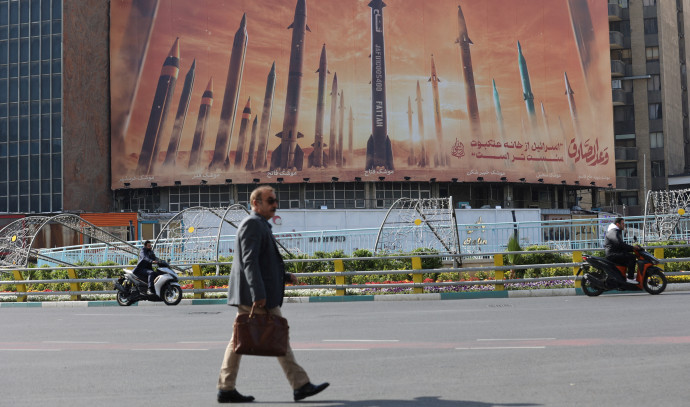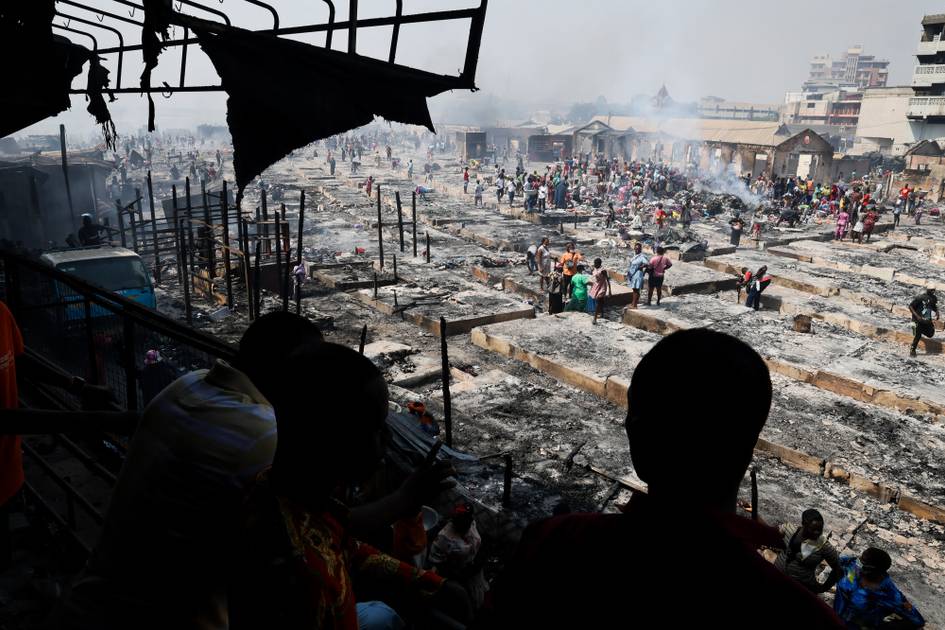There’s little doubt that Israel will retaliate for Iran’s unprecedented air assault over the weekend. The question is: How?
Will Israel send its air force out to flatten as many military and civilian targets as it can, as some members of Israel’s War Cabinet favor, or will the response be carefully thought out to achieve the maximum results in the short and longer terms?
In other words, to clean up a well-known saying, will Israel follow its brains or its muscles?
The brains method means a reliance on cyberattacks, which could shut down Iran for weeks or months.
The muscles approach would bring some satisfaction and some chest-thumping, but it would miss other possible positive outcomes:
- Involving the coalition of the US, Britain, France, Jordan, and Saudi Arabia in an extended struggle against Iran
- Using the battle with Iran to leverage a solution to the war in Gaza
- Strengthening Israel’s alliance not only with its veteran treaty partners, Egypt and Jordan, but also with its newer ones in the Abraham Accords and potentially Saudi Arabia
Israel is a recognized world power when it comes to cybersecurity. But unlike the national tendency to claim noisy credit for its accomplishments, its cyber achievements are kept under tight censorship wraps. That has become a strategic error, depriving Israel of obvious, public deterrent capabilities.
For now, though, those of us writing from Israel have to attribute what we know to “foreign reports.” So please consider what you’re reading here as such. I’ve been playing that “game” for decades.
Iran’s cyber-warfare
The most widely publicized cyberattack on Iran attributed to Israel was Stuxnet, back in 2010. It was a “worm” that infected the computers that ran Iran’s centrifuges, which enrich uranium to weapons-grade. The attack set back Iran’s nuclear weapons production program for months, possibly years. Iran improved its cybersecurity as a result, but that didn’t stop the attacks attributed to Israel.
In May 2020, a cyberattack stopped work in Iran’s main port at Bandar Abbas, crashing the port’s computers and causing huge traffic jams of trucks heading to the port on land and ships at sea waiting to unload.
As recently as last December, a cyberattack shut down almost all of Iran’s gas stations, sowing such panic that after Iran’s unprecedented missile barrage on Israel, Iranians were seen lining up at gas stations, apparently expecting another such attack.
There are many other incidents, most of which have not been reported anywhere. The conclusion is clear:
If Israel wants, it can effectively shut down Iran’s military, civilian, and economic sectors.
For the record, Iran is not a helpless newborn puppy here. Iranian hackers have been attacking Israeli institutions constantly for years, mostly unsuccessfully.
Existential-level damage can be caused by a concentrated cyberattack. In 2015, renowned American broadcast journalist Ted Koppel wrote a book called Lights Out. It describes in frightening detail how the American electricity grid is vulnerable to cyberattacks, which could lead to food and fuel shortages, panics, even starvation.
Cyberattacks are not just a matter of one computer messing with another computer. They can be lethal.
The advantages of a cyber response over the more conventional military offensive are listed above. Let’s go through the points:
- The US has made it clear that it will not join an Israeli military offensive against Iran. Like it or not, that’s the reality. Washington is signaling that it would support a measured response and bring the other members of the defensive coalition along. That’s crucial because Israel does not go it alone in its cyberwarfare. The US and others are involved, and that needs to continue.
- Iran is the driving force behind Hamas and, to some extent its front, Qatar. A cyberattack could be punishing enough to force Iran to force Hamas to agree to conditions that would end the stalled war in Gaza. Israel would not achieve its unachievable military goals, but it could get its hostages back.
- The common thread among all the members of the defensive coalition is fear and loathing of Iran. An Israeli policy acceptable to the ad-hoc coalition could cement the ties over the longer term.
On the other hand, an all-out military response, or even a limited military action that draws an Iranian response, accomplishes none of those goals. Just the opposite.
If anything has been learned from Israel’s war with Hamas, it is that in the post-fact age of antisocial media and microscopic attention spans, even a justified war has a short shelf life. Israel’s lasted about two weeks after the horrendous massacre of last October 7, when thousands of Hamas terrorists killed around 1,200 people in southern Israel, raped, and burned civilians, and took more than 250 hostages.
Even the ghastly enormity of that massacre did not cement world sympathy on Israel’s side. After two weeks, even before Israel sent ground forces into Gaza, the cries were already being heard about the unacceptable damage and suffering Israel was causing to Gaza’s civilians.
Two weeks. If Israel retaliates for Iran’s history-making air assault in a way that causes civilian casualties in Iran, we could expect world sympathy to last about that long, no longer. Then Israel would once again be seen in the world as the aggressor, the baby killer.
A concentrated, long-term cyberattack could achieve everything a military operation could, except the chest-thumping.
Israel would be perfectly right to blast Iran back into the last century after its air assault. If it were not for Israel’s air defenses and the help of its allies, there could have been thousands of Israeli casualties. Just as Israel’s Iron Dome system knocks down most Hamas rockets, leading to some misguided complacency, the amazingly effective air defense operation should not lead anyone to downplay the potential of death and destruction from Iran’s attacks.
Israel will retaliate, and it should. The question remains: How will it retaliate?
A common Hebrew saying should give guidance here: It’s better to be wise than right.






